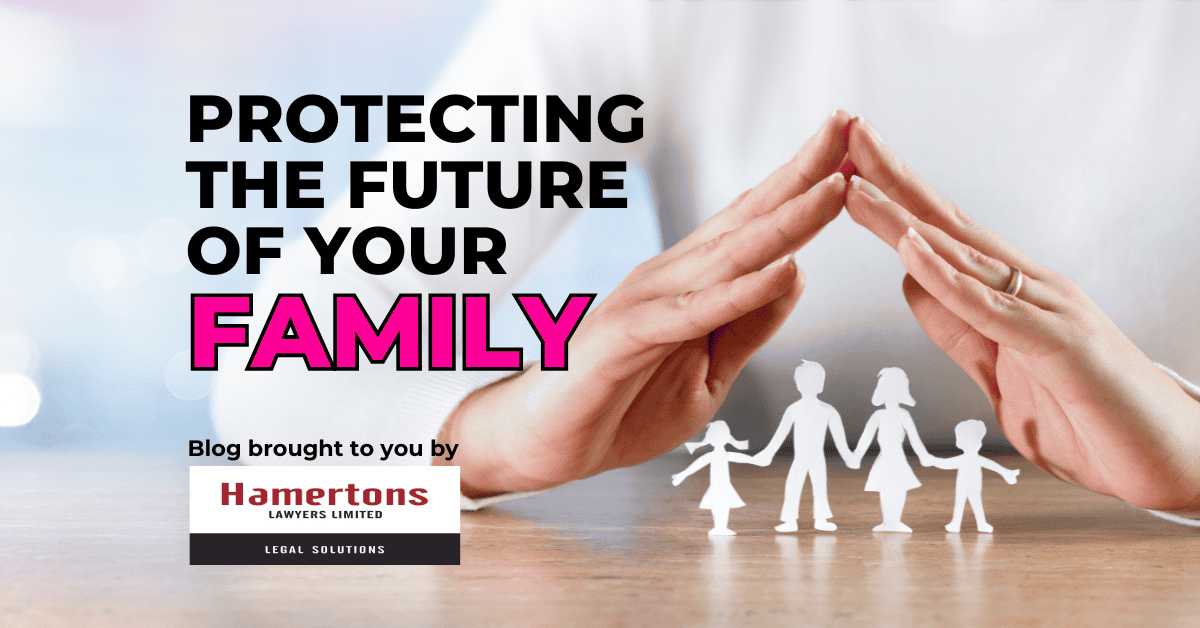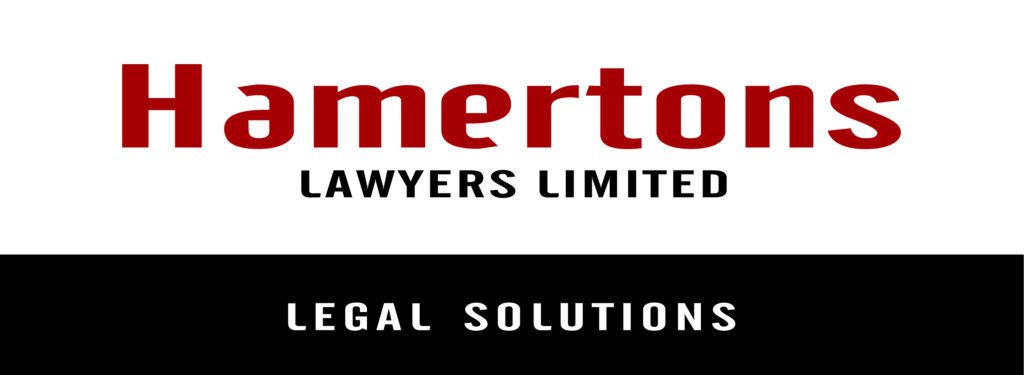News

Protecting The Future of Your Family
This blog post is brought to you by:

Why EPOAs are not just for the over 50s and prevent you and your family from enduring a “nuclear fallout”.
Imagine this scenario:
Grace is a widow of 79 years. Grace has two adult daughters, Monique and Claudia. Monique lives about a two-hour drive from Grace, and Claudia lives in Canada. Grace has a large home which she and her late husband built when they were in their 30s.
Grace has so far been able to manage on her own, however two weeks ago she had a fall in the driveway and subsequently suffered a stroke. Sadly, the stroke severely impacted Grace to a point where a lot of her conversations do not make sense, and her memory is severely impaired. The doctor says that she no longer has the capacity to make decisions.
Grace now requires 24-hour care and neither Monique nor Claudia are able to provide this. Monique and Claudia discuss what to do, as it seems clear Grace cannot stay in hospital or go home. Monique approaches a local rest home for help. However, the rest home requires documents called Enduring Powers of Attorneys (EPOA) to let Grace reside there. It turns out these documents were never contemplated by Grace. Grace’s power, and rates bills are now overdue, and Grace’s bank will not let Monique access Grace’s accounts to pay the bills as they want to see the EPOA documents which Monique does not have.
Monique is understandably extremely stressed. Not only is she having to see Mum’s health decline extremely rapidly, but she also has to manage Mum who swore she was “never going in a home” despite the level of care she needs. Claudia’s trying her best, but she cannot help much being so far away. To top it off nobody seems to want to help Monique because “she doesn’t have the right paperwork”. Monique feels like she is having to endure a “nuclear fallout”, and no one wants to help.
Now imagine this scenario:
Sabrina and Tim have been married for 15 years and have two sons under the age of ten years. They are both in their early 40s. Sabrina and Tim own a house together and most of their accounts are joint. However, Tim has a bank account in his sole name with some rainy-day funds.
Sabrina and Tim have not really thought about EPOAs as they are both in good health and are relatively young, and in Sabrina’s words “the whole thing sounds pretty morbid actually”.
Sadly, Tim is involved in a quad bike incident, resulting in serious injuries. The doctors say he has also lost capacity. Tim needs significant medical rehabilitation and requires residential care to receive this. Sabrina knows about Tim’s savings and is hoping she can access this account to supplement ACC. However, without EPOAs Tim’s bank says that Sabrina cannot access his account. The residential care facility is also being difficult to deal with. Sabrina is understandably extremely upset, and feels at her wit’s end when she learns that she has no authority to make decisions for Tim even though she is his wife.
The Importance of EPOAs
Because Grace and Tim do not have any Enduring Powers of Attorney, Monique and Sabrina will have to apply to the Family Court in order to obtain the authority to make decisions on Grace and Tim’s behalf. They will have to make Applications for Welfare Guardian and Property Manager under the Protection of Personal and Property Rights Act (PRRR) 1988. As the name suggests these Applications are complicated.
A Lawyer for Grace and Tim will be appointed by the Family Court and a Judge will ultimately determine whether Monique and Sabrina should be appointed to make decisions for Grace and Tim. This takes a lot of time. If Sabrina and Monique are eventually appointed as Property Managers they will have to report to the Family Court annually on how they are managing the funds owned by Grace and Tim. Further, even if they are appointed as Welfare Guardians and Property Managers these Orders will only last for 3-5 years, meaning they will have to start the process again and reapply with the Court prior to each order expiring. This process is costly and time consuming. It also takes a large amount time between an application being made and an Order being issued.
If EPOAs had been completed by Tim and Grace they could have appointed their loved ones to act as their attorneys for decisions involving their personal care and property with limited fuss. This would mitigate the extreme stress felt by those closest to them. Everyone needs to be reminded that spouses, and adult children have no automatic right to make decisions for incapacitated loved ones. Neither do parents of adult children.
It is imperative that everyone sits down with all adult members of their family to discuss the importance of completing EPOAs sooner rather than later. Grace’s situation shows that this will help alleviate stressful situations for our loved ones who are already dealing with a family member’s decline to incapacity. Sabrina and Tim’s scenario serves as a reminder that EPOAs can be necessary at any time in someone’s adult life, and that EPOAs are not something “just for Boomers”. As adults we owe it to our loved ones to get our affairs in order. To avoid stress in the future we should also be reminding those we love to complete EPOAs as we will be the ones who deal with the “fallout” if they do not.
Lawyers see too many situations that could have been easily avoided had loved ones taken proper legal advice and completed EPOAs. Once your capacity is gone it is simply too late. As the summer holiday period approaches, take the time to reach out to family to ensure choices are made now rather than procrastinating to a point where they cannot be made at all.















